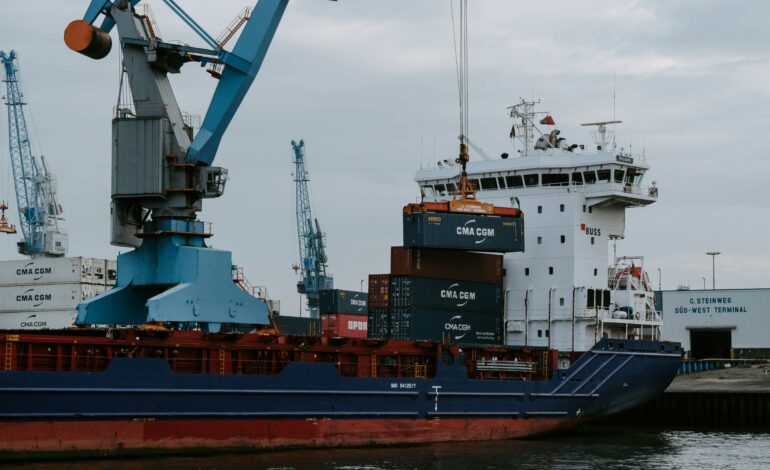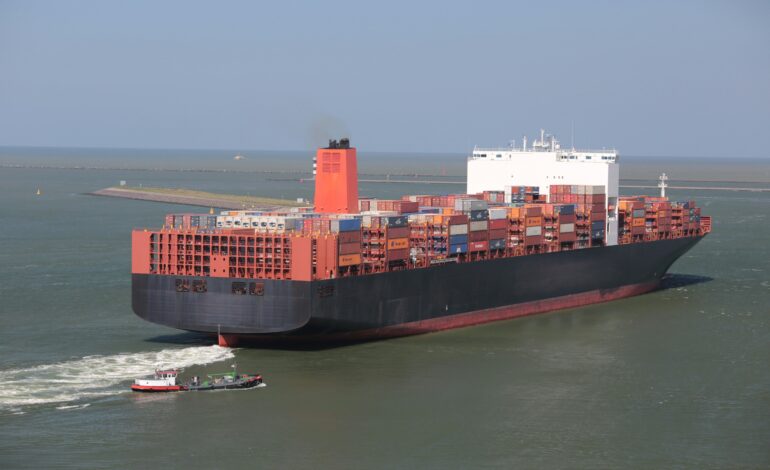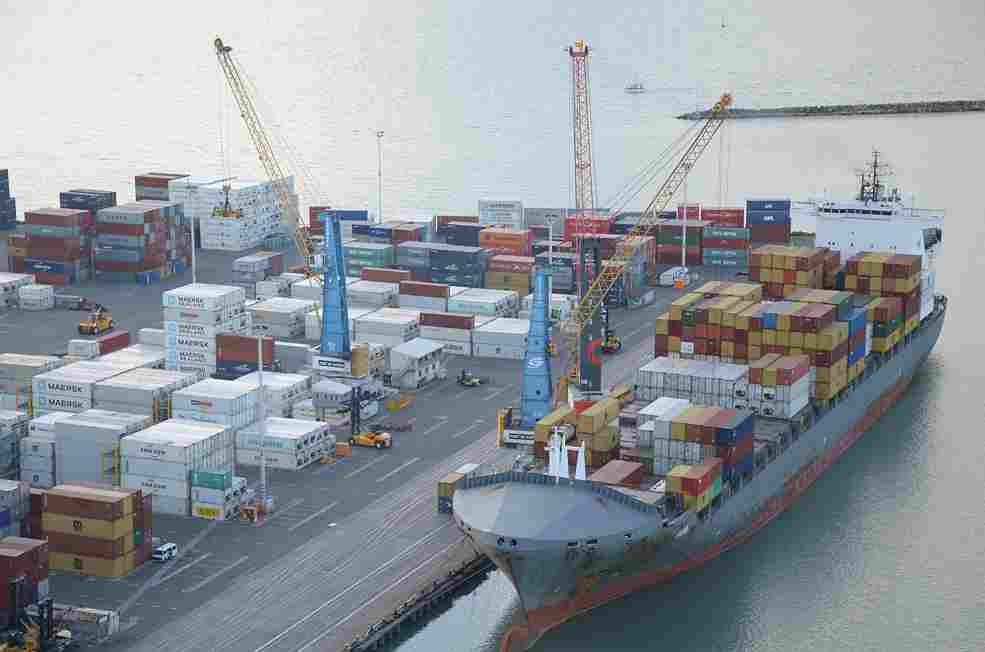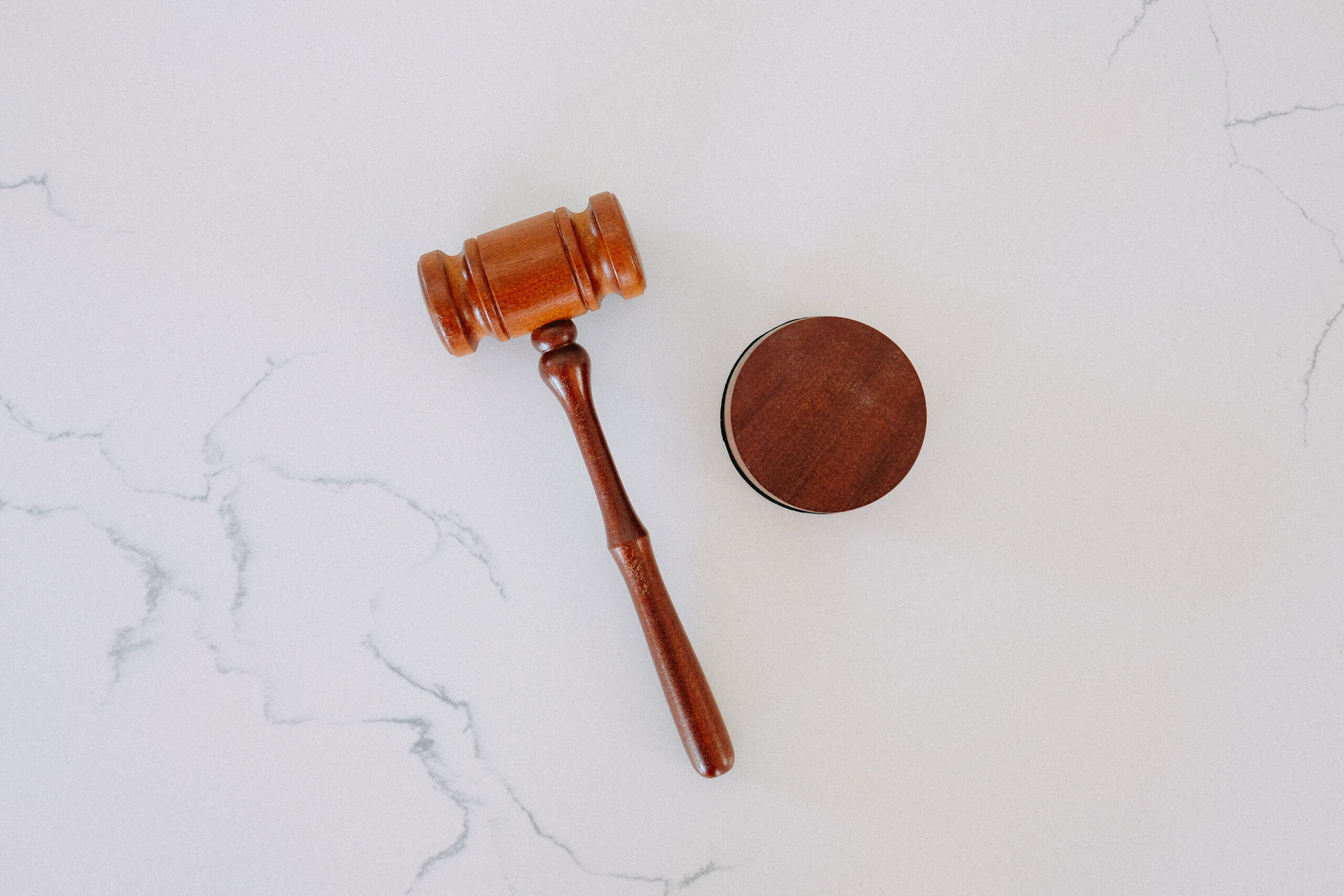
Legal Frameworks for Environmental Liability in Bunker Fuel Spills
Bunker fuel, essential for powering maritime vessels, poses environmental risks when spilled. Understanding the legal frameworks governing environmental liability in such incidents is crucial for mitigating damages, ensuring accountability, and promoting environmental protection.
International Maritime Conventions
- MARPOL (International Convention for the Prevention of Pollution from Ships):
- Annex I (Oil): Addresses prevention of oil pollution from ships, including bunker fuels. It sets out regulations for the prevention of oil spills and penalties for non-compliance.
- Annex IV (Sewage): Also relevant as it covers accidental discharge from ships, although not specific to bunker fuel.
- CLC (International Convention on Civil Liability for Oil Pollution Damage):
- Scope: Provides a liability framework for oil pollution damage, including from bunker fuel spills. It establishes compensation mechanisms for affected parties.
- Limits of Liability: Specifies financial limits on liability, encouraging shipowners and operators to take preventive measures.
National Legislation
- United States:
- Oil Pollution Act (OPA): Provides guidelines for oil spill prevention, response, liability, and compensation. It establishes a trust fund for cleanup costs and damages.
- Clean Water Act (CWA): Imposes liability for discharges of oil and hazardous substances, including penalties and restoration requirements.
- European Union:
- Directive 2005/35/EC: Sets out provisions on ship-source pollution and introduces penalties for illegal discharges, including bunker fuel spills.
- EU Ship Recycling Regulation: Addresses environmental liability in ship recycling activities, influencing how bunker fuel residues are managed.
Regional and Local Regulations
- Regional Agreements:
- Baltic Sea Special Area: Designates stricter regulations for preventing pollution in sensitive marine environments, affecting bunker fuel handling.
- Local Port Authorities: Implement regulations for handling and storing bunker fuel, specifying liability in case of spills within port limits.
Liability and Compensation
- Polluter Pays Principle:
- International Norm: Establishes that the party responsible for pollution is liable for cleanup costs and damages, incentivizing preventive measures.
- Insurance Requirements: Many jurisdictions require shipowners to have insurance covering potential liabilities from bunker fuel spills.
Case Law and Precedents
- Exxon Valdez and Deepwater Horizon: Landmark cases influencing liability frameworks globally, demonstrating the legal and financial consequences of large-scale oil spills.
Enforcement and Compliance
- Port State Control Inspections: Monitor compliance with international and local regulations, ensuring ships adhere to environmental standards regarding bunker fuel use and storage.
- Penalties and Fines: Imposed on non-compliant parties, deterring illegal practices and reinforcing environmental stewardship.
Conclusion
Navigating the legal frameworks for environmental liability in bunker fuel spills requires adherence to international conventions, national legislation, and regional regulations. By promoting compliance, enforcing accountability, and ensuring adequate compensation mechanisms, these frameworks aim to safeguard marine ecosystems and mitigate the environmental impact of bunker fuel spills. Shipowners, operators, and regulatory bodies play pivotal roles in upholding these frameworks, fostering a sustainable maritime industry that prioritizes environmental protection and responsible resource management.





